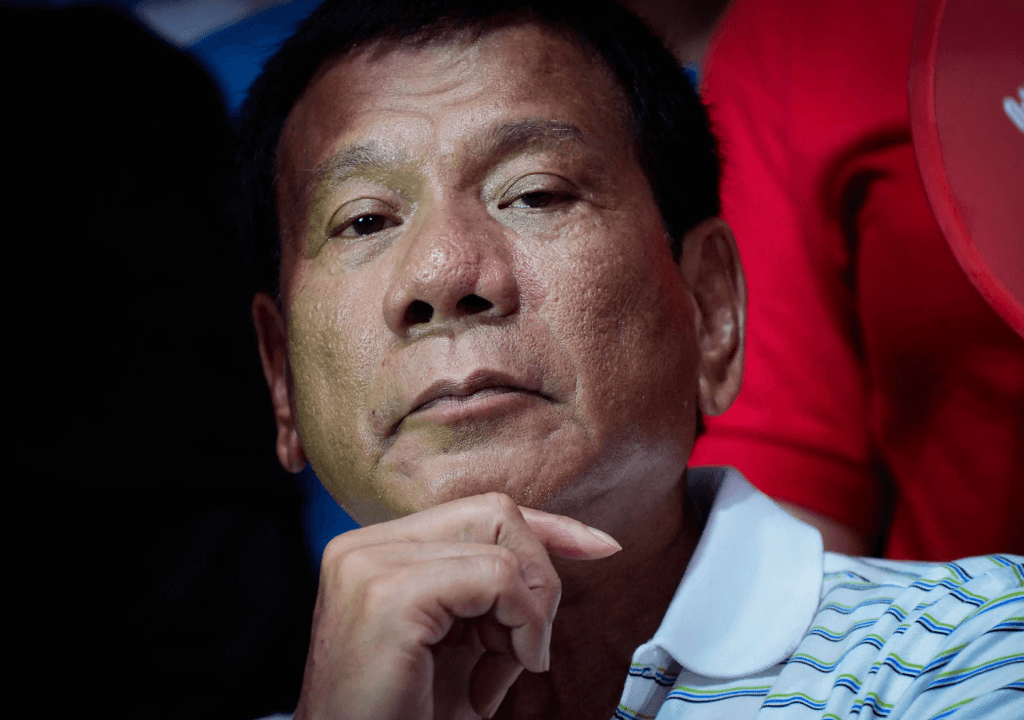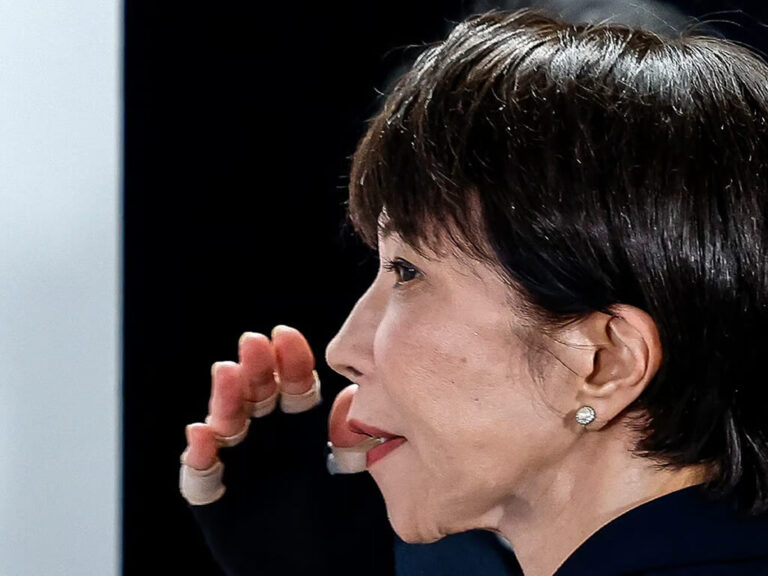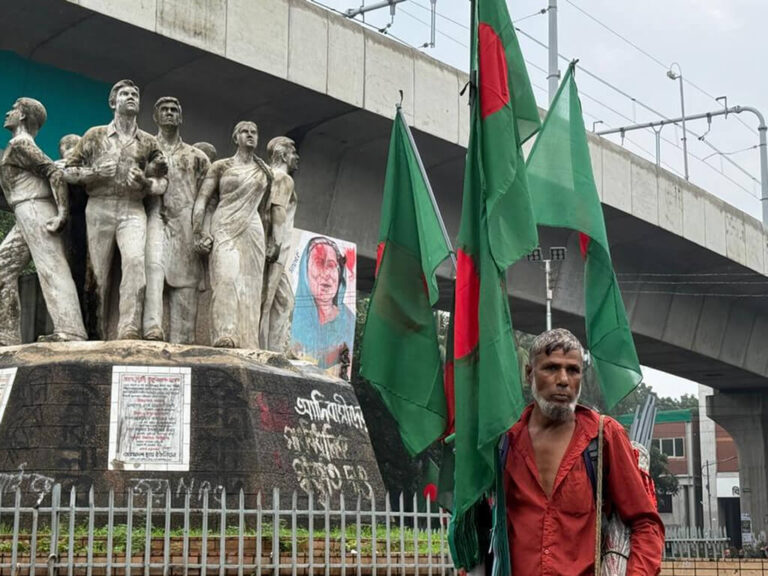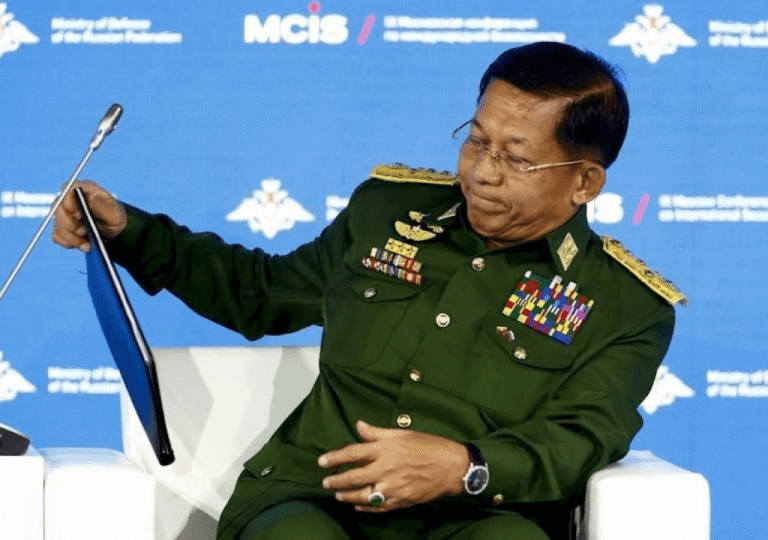Rodrigo Duterte, the former Philippine president currently on trial in The Hague for alleged crimes against humanity, has been re-elected mayor of Davao City. Despite being imprisoned thousands of miles away, Duterte has once again secured overwhelming support in his family’s political stronghold—where loyalty appears to outweigh controversy. With over 60% of the votes counted, the 80-year-old leads with 405,000 votes, far surpassing his nearest rival, who has garnered just 49,000, according to unofficial election commission results reported by local media.
“The Hero” Duterte
Duterte was arrested and flown to The Hague in March over his so-called “War on drugs,” during which thousands—many of them young men from impoverished urban neighborhoods—were killed in street executions. Despite widespread international condemnation, Duterte, known for his tough-talking, populist persona, retained strong domestic support throughout his tenure as mayor and president.
His dramatic arrest, which followed the collapse of the brief alliance between the Duterte and Marcos families, stirred both defiance and sympathy among his supporters ahead of Monday’s midterm elections. The vote has unfolded amid an intensifying power struggle between the Dutertes and the family of President Ferdinand Marcos Jr. Duterte’s children and grandchildren accused the state of having “kidnapped” him. In a video message recorded after his arrest, Duterte—appealing to public sympathy—declared that he would take full responsibility for his policies. It was pure heroics.
On Duterte’s 80th birthday in March, tens of thousands of supporters gathered in Davao to light candles and sing in his honor, with rallies held in other cities as well. Their campaigns have focused on demands for his return to the Philippines.
Though many consider him a criminal, Duterte continues to command loyalty from those who view him as a strongman who took a hard stand against deeply rooted drug cartels.
An important election for the Duterte family.
The election is being seen as a referendum on Rodrigo Duterte and his potential successor—his children—as the Duterte family seeks to maintain its influence in Philippine politics. While Duterte’s win in the Davao City mayoral race appears assured, his return to office remains uncertain, as he is currently imprisoned in the Netherlands. His daughter, the impeached Vice President Sara Duterte, stated that his legal teams—both ICC and Filipino—are discussing how he might take the oath of office. With Duterte unable to fulfill his duties, the vice mayor is expected to assume the role. His son, Sebastian Duterte, is also on track to win that position. A generational shift may be underway.
The broader election delivered mixed results for the family. On Monday night, Sara Duterte acknowledged, “The outcome was not what we had hoped for.” Still, several of her allies running for Senate seats outperformed expectations based on pre-election surveys—indicating a possible political resurgence after recent setbacks.
Though Sara Duterte did not appear on the ballot, the election carries serious implications for her political future. She is set to stand trial in the Senate following her impeachment in February over allegations of fund misuse and a controversial speech in which she allegedly threatened the lives of the president, the first lady, and the speaker of the house.
She will be tried by the 24-seat Senate, half of which was elected on Monday. If found guilty, she will be barred from holding public office—effectively ending her chances of running for president in 2028. A conviction requires a two-thirds vote, or at least 16 senators
As of midnight, five Duterte-aligned candidates were on track to win Senate seats. Allies of President Ferdinand Marcos Jr. were projected to secure six seats—fewer than expected. One senator with ties to both camps appeared in each faction’s tally. Meanwhile, opposition candidates critical of both political dynasties exceeded expectations.
The Crimes Voters Ignored
Between July 2016, when Rodrigo Duterte became president, and March 2019, when the Philippines officially withdrew from the International Criminal Court (ICC), police officers and unidentified gunmen killed an estimated 12,000 to 30,000 civilians in connection with the government’s anti-drug campaign, according to ICC-cited figures. Most of the victims were young men from impoverished urban neighborhoods, often gunned down in the streets.
Duterte’s arrest was welcomed by international human rights organizations and survivors of the violent crackdown. But in Davao City—where he served as mayor for over two decades before becoming president—the reaction was marked by defiance and sympathy.
Many residents still revere him. Supporters describe him as a strict leader who brought order and safety to a city once plagued by crime and insurgency.
His loyalists routinely reject the ICC’s evidence, arguing that any trial should take place in Philippine courts. In a Senate hearing last year, Duterte openly admitted to maintaining a “death squad” during his mayoral tenure, employing criminals to kill other criminals. He expressed no remorse, saying he had no apologies or excuses for his actions. After his arrest in March, he released a video message claiming full responsibility for his policies.
Despite his violent legacy, Duterte continues to command broad public support. For many Filipinos, his ruthless methods are not merely tolerated—they are embraced as hallmarks of decisive leadership. It is a paradox that defines Philippine politics: the harsher the rhetoric, the louder the applause. And for many, it still resonates.








